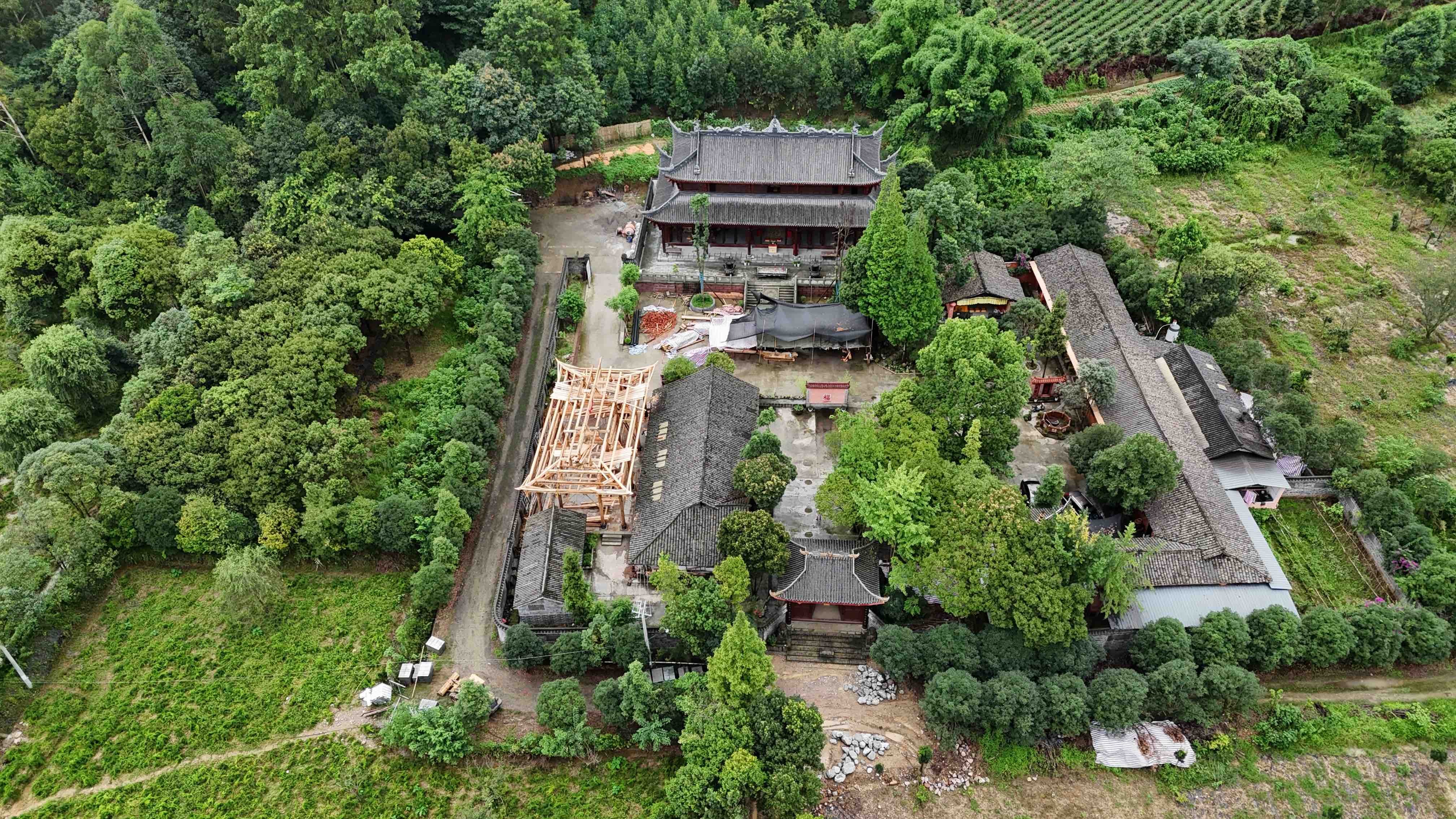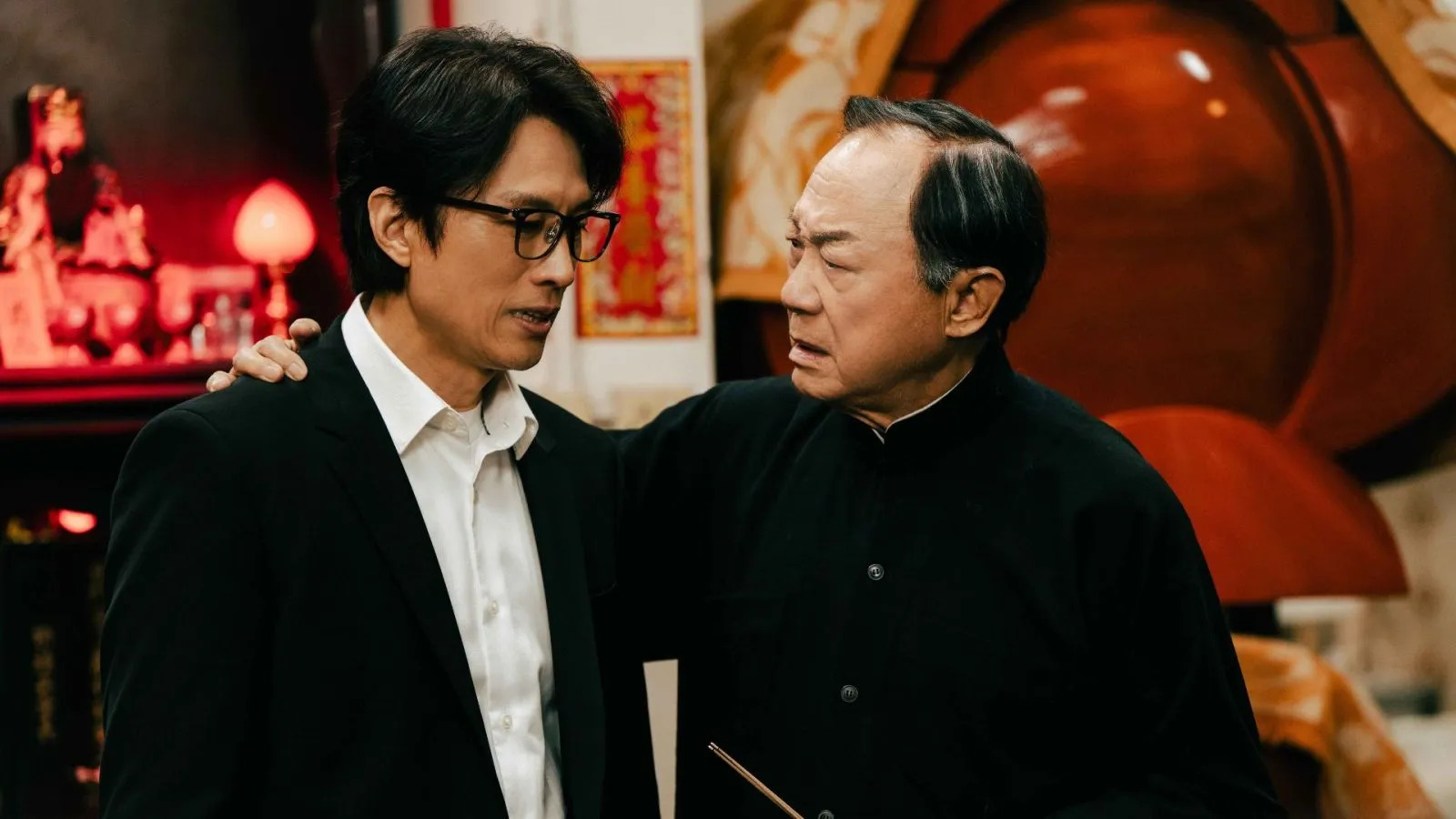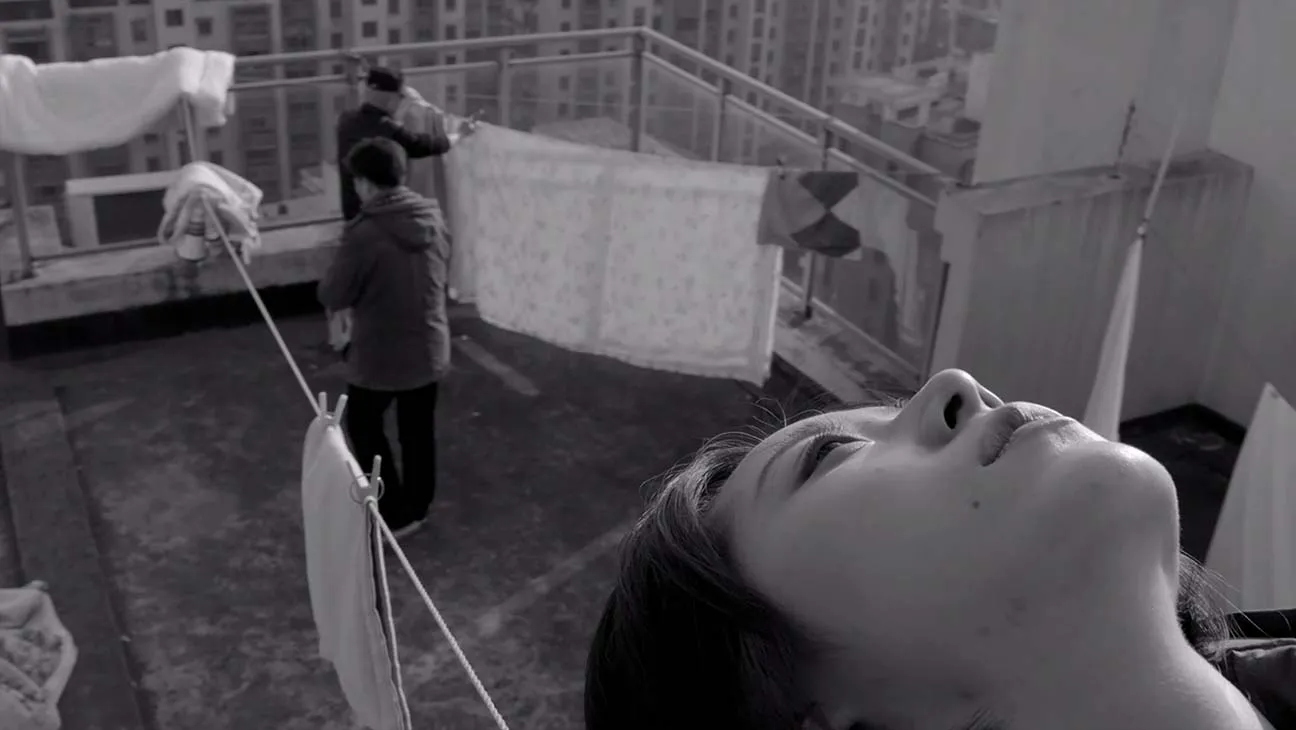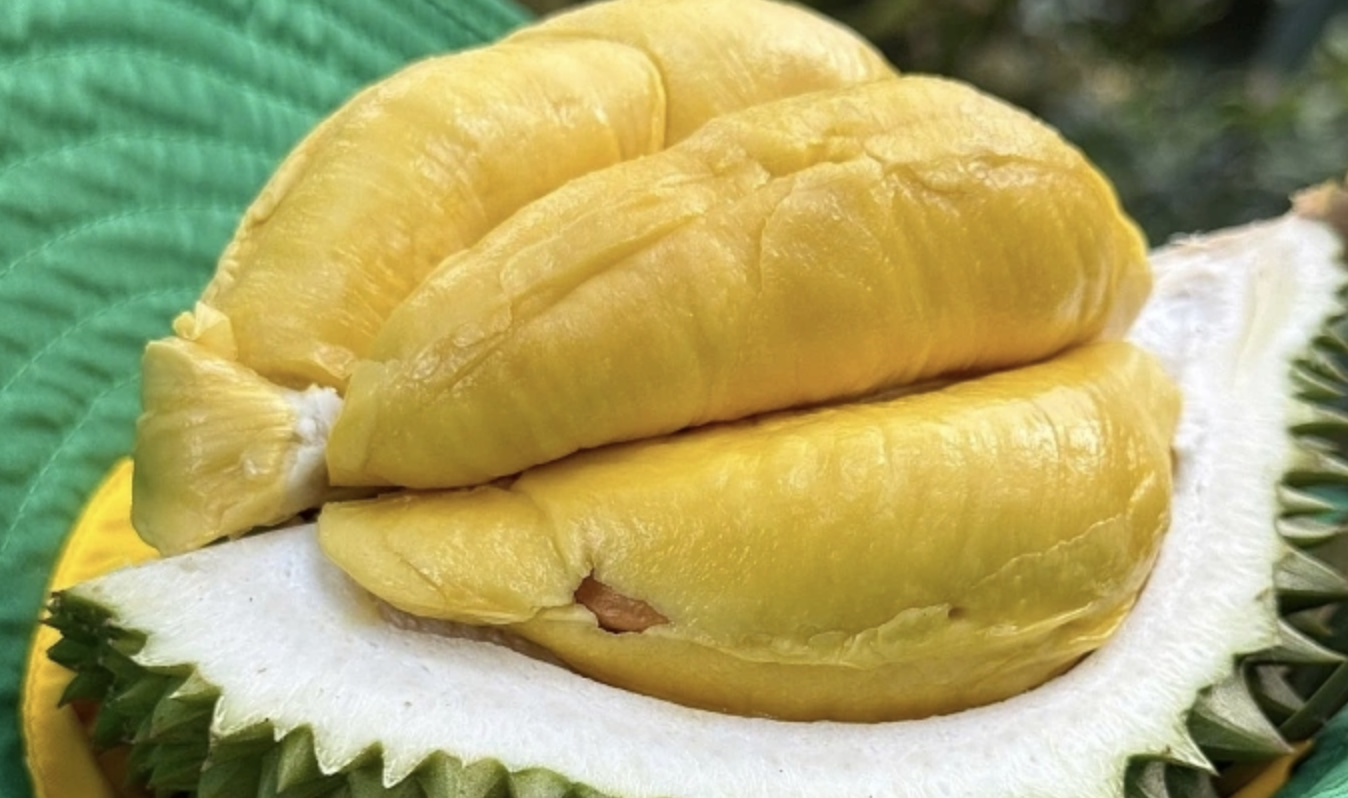What’s the best way to unwind on a summer night? For many young Chinese people, the answer is drinking and partying at bars and clubs. In Chongqing and Chengdu, two gigantic metropolises situated in the heart of Southwest China, nightlife venues are ubiquitous. In spite of this, some young people are deliberately turning their backs on such hedonistic entertainment options, and instead moving towards a more serene lifestyle, seeking comfort in nature and traditional Chinese culture.
When I first met Cheng Bin at Xichan Daoyuan (西禅道院), a Taoist temple located 60 km west of Chengdu, she was preparing materials for an incense-making event taking place later on the day. Incense plays a huge role in traditional Taoist rituals, and the incense made in the workshop would be used in a ceremony the next morning. Though difficult to define, Taoist beliefs are centered on the idea of balance with the universe. Taoism’s key text is Tao Te Ching, believed to be written by Lao Tzu around 500 BCE.
Cheng is a recent graduate from Sichuan Film and Television University who has been coming to Xichan Daoyuan since May 2023. “I knew about this temple because of a friend,” she said. “I was feeling a bit sick at the time despite being told by local hospitals that I was fine. I’d heard about Taoism and Taoist medicine (道医, dàoyī) before so I wanted to come and see if it might be of help.”
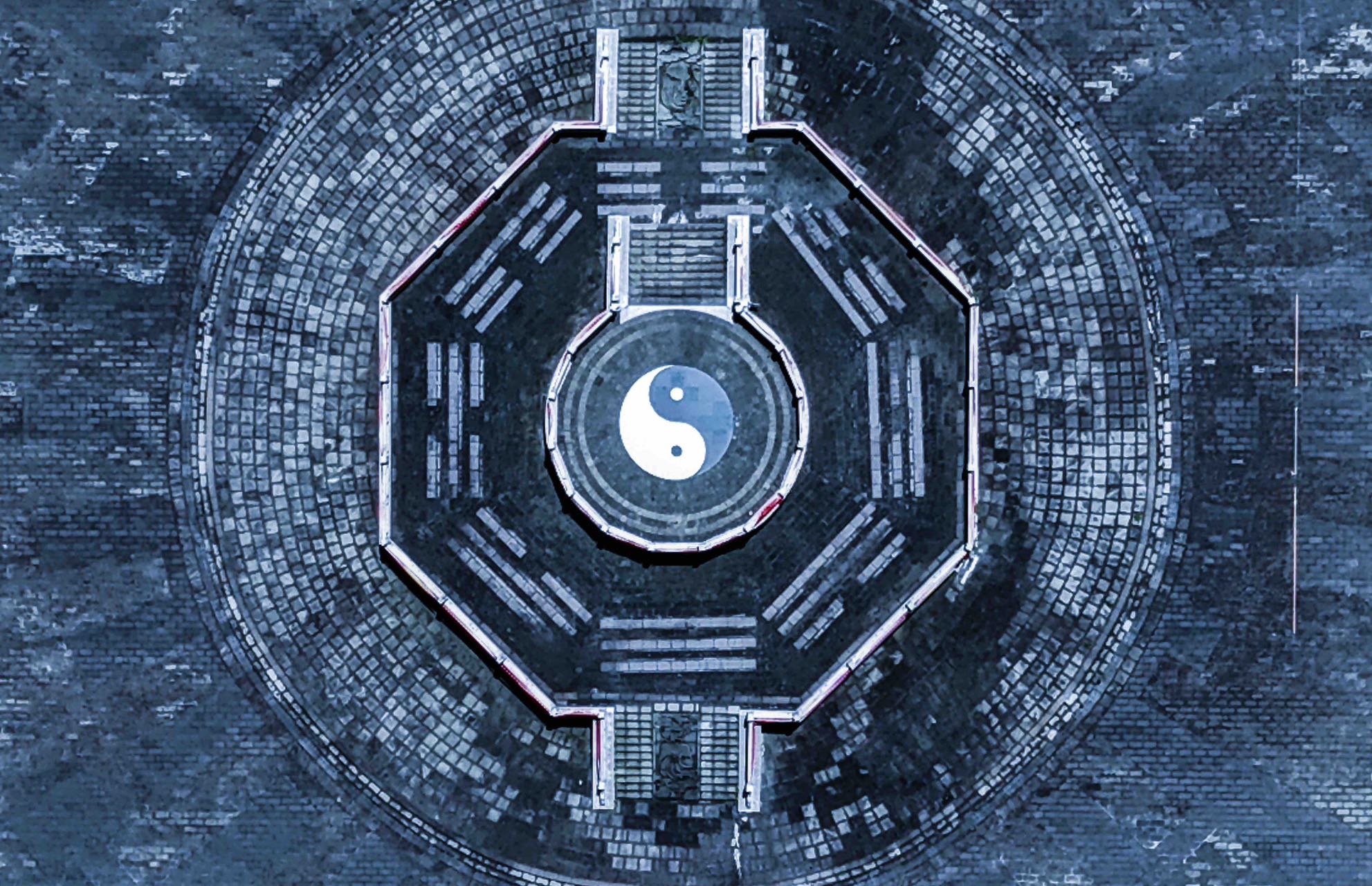
After a while, she found herself growing increasingly interested in Taoist culture, and decided to visit the temple more often, first staying for the weekends, then entire holidays as well. “During school terms, many of my classmates like to go to nightclubs and bars on the weekend, but I’ve never really found them relaxing, so I started to spend most of my weekends here in the countryside.”
Cheng then took me on a tour around the establishment. The temple is relatively humble in size, with only one major hall and a few smaller buildings on the side. We stopped outside of a room where she often works. “There are a lot of plants and trees here — the place is a de facto arboretum — so my tasks mainly include taking care of flowers and sweeping the yard. Lately, I’m also learning about tea culture as well as different sutras which are all essential in Taoism.”
When asked about her biggest takeaway from her experience at the temple, she believes that it is the opportunity to find peace with herself. “There’s really a sense of community here with others coming from different backgrounds who are also interested in Taoism. I also feel a kind of freedom where I am in control of the rhythm of my life and my time.” Reflecting upon her encounter with the temple, Cheng compares it to the mortise and tenon joints frequently used in traditional Chinese architecture. “It just feels like the temple and I fit together so well.”
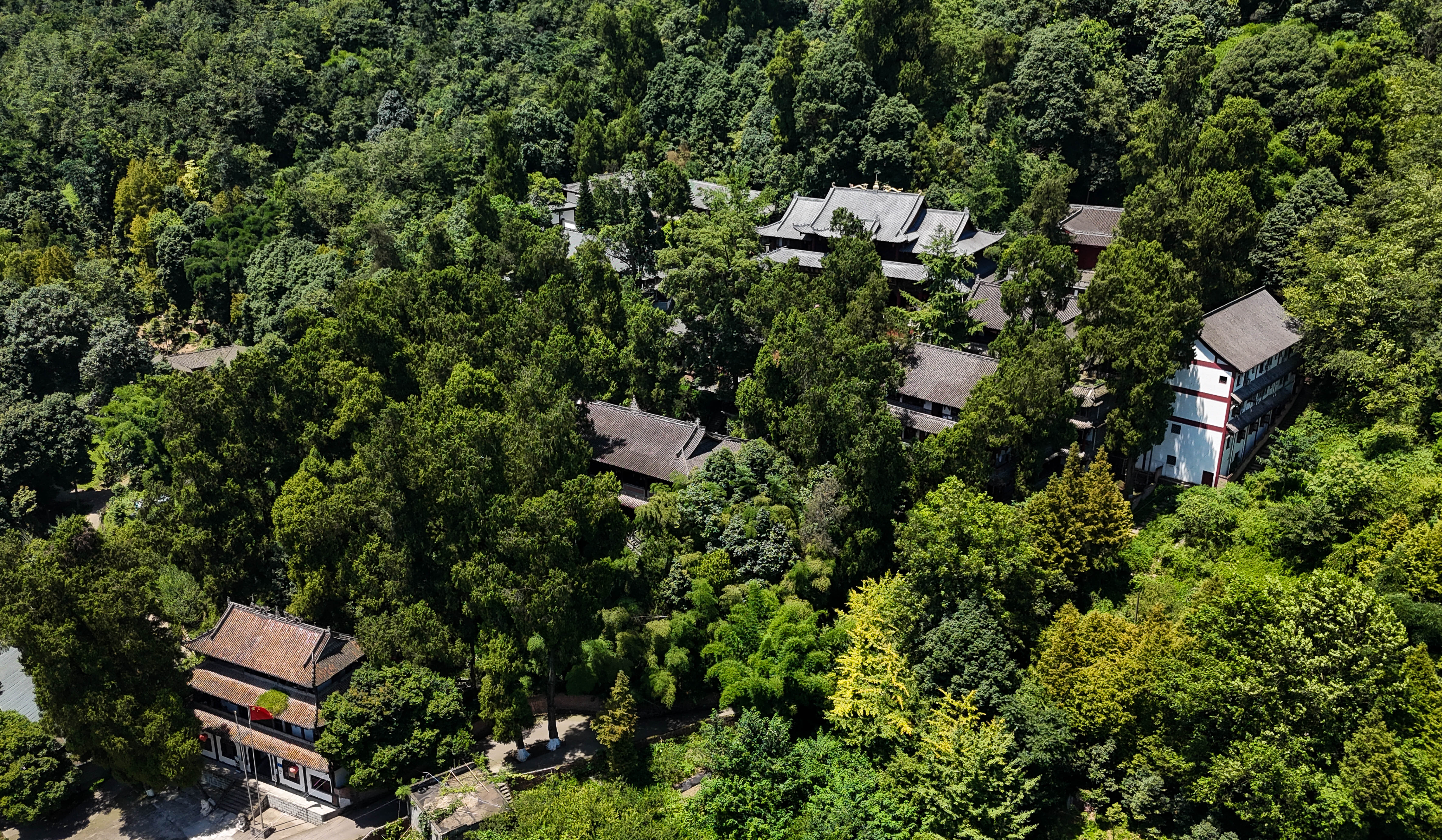
Some, however, are not satisfied by short visits on weekends. Less than an hour drive away from Xichan Daoyuan is Heming Shan Daoguan (鹤鸣山道观), where in 142 C.E. “Celestial Master” Chang Tao-ling is said to have founded Taoism as an organized school of thought, preaching Lao Tzu’s philosophy.
There I met a 27-year-old Sichuanese man who used to work outside of the province as a software engineer, who spoke on the condition of anonymity. He had just moved back to his home province, and had decided to take some time off at Heming Shan before searching for a new job in the greater Chengdu area. “I saw on Xiaohongshu and Douyin that there was a volunteering opportunity at Heming Shan where they provide free accommodation and meals so I signed up right away.”
When asked why he decided to come here, the former software engineer looked back on the poor work-life balance he had experienced in the city. “I was feeling tense and nervous all the time when I used to work in the city. Here, there’s less workload and stress, and I’m able to find my own pace.”
I was curious about his thoughts on urban nightlife in comparison to life in the temple. “I think both are valid means of stress-relief. It really depends on what people prefer,” he said. “There is an impression that young people don’t like to spend much time in the countryside like this, but this is changing for sure. As the local government promotes traditional culture, more young people have been coming to Heming Shan and other temples lately to learn about Taoist music (道乐, dàoyùe). I see this as a good sign.”
The ex-tech worker admitted that he won’t be staying here for too long, but he believed that going forward this experience will have a lasting impact on his career and life. “Some believe that coming here is a form of escapism, but I think of it rather as a short respite that allows you to find peace with yourself and figure out your goals before diving back into a full-time career.”
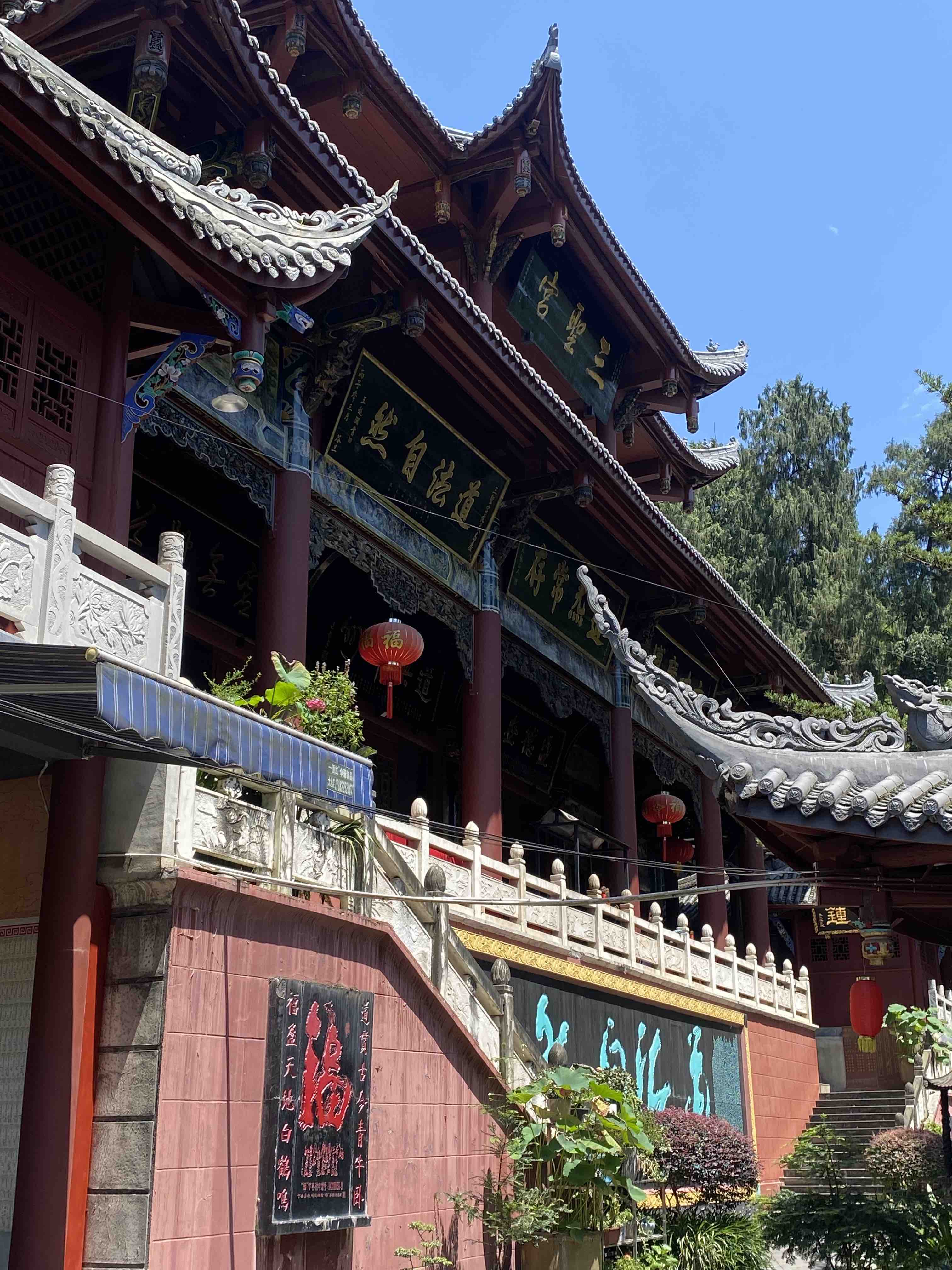
There is no doubt that young people in China are facing a lot of stress, whether the pressure to achieve academic excellence or to succeed in 996 work culture. While Sichuan is blessed with a beautiful natural environment and a plenitude of religious sites, making it easier to access the tranquility of the countryside, the trend of young people seeking out peaceful and relaxing environments is catching on around the country. Chanxiu Camps (禅修营) — short meditation sessions hosted by local Buddhist and Taoist temples — have sprung up across China over the past few years, offering anxious young people a taste of what life in the temple feels like. Notable Buddhist shrines to participate in the trend include Nuonatayuan in Lushan, Jiangxi province, and the Lama Temple in Beijing.
When people talk about nightlife, we often think of crowded, noisy bars, or clubs that don’t open until after midnight. But there is far more than just one viable way to de-stress. Short visits to temples offer a novel kind of leisure that promises deep rest. In the long term, Taoist and Buddhist philosophies might be of great help to young people as they strive towards balanced, sustainable lifestyles.
All images by Handuo Sun. Cover image shows Xichan Daoyuan.

